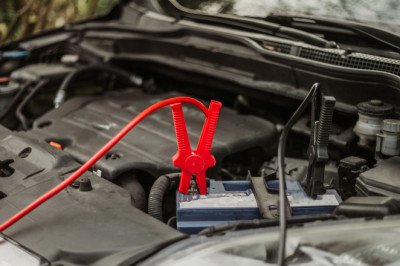
-
Determine your budget: Before starting your search, you should decide how much you can afford to spend. Consider your income, expenses, and any other financial obligations.
-
Research: Research the type of car that will best fit your needs. Consider factors such as fuel efficiency, size, features, and reliability. You can read reviews online, visit dealerships, and talk to people who own similar cars.
-
Narrow down your choices: Once you have a good idea of what you want, narrow down your options to a few models that fit your budget and needs.
-
Check the vehicle history report: Before making an offer, obtain a vehicle history report to see if the car has any accidents, damage, or title issues.
-
Take a test drive: Schedule a test drive to get a feel for the car and how it handles. You should also inspect the car for any signs of wear and tear, damage, or other issues.
-
Negotiate: Once you have found a car that you like, negotiate the price with the seller. You can use information from your research and the vehicle history report to help you get a fair deal.
-
Close the deal: Once you have agreed on a price, sign the paperwork and make your payment. Be sure to read and understand all of the documents before signing.
-
Register and insure the car: After purchasing the car, you will need to register it with the DMV and obtain insurance before you can legally drive it.
Remember, buying a car is a big decision, and you should take your time to make sure you are getting the best deal possible.















Facebook Conversations